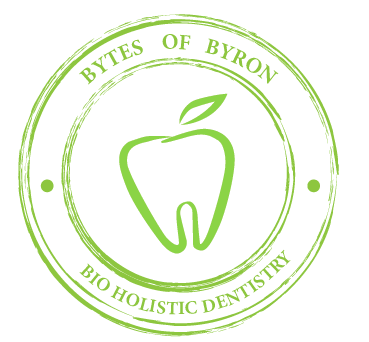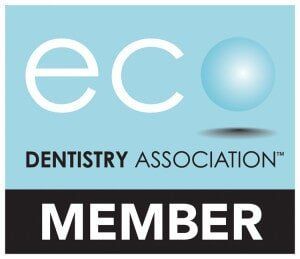Dental Bridge in Byron Bay
- AHPRA-Registered Dental Professionals
- EC Dentistry Association Member
- Mercury-Free & Fluoride-Free Care
Request An Appointment
Thank you for contacting Bytes of Byron–Bio Holistic Dentistry .
We will get back to you as soon as possible.
Oops, there was an error sending your message.
Please try again later.
Byron Bay Dental Bridge
A dental bridge is a non-removable restoration used to replace one or more missing teeth by anchoring an artificial tooth (or teeth) to the adjacent natural teeth or implants. At Bytes of Byron – Bio Holistic Dentistry, our Byron Bay and Lennox Head clinics offer bridges designed to restore chewing function, maintain alignment, and help support long-term oral stability. Each bridge is custom-fabricated based on individual needs, using materials selected for durability and compatibility with surrounding structures.
Tooth loss can lead to changes in bite pressure, shifting of nearby teeth, and jaw discomfort over time. A bridge helps fill the gap left by a missing tooth, distributing bite forces more evenly and preserving spacing between existing teeth. Bridges may be recommended when implants are not suitable, or when the adjacent teeth already require crowns for structural support. Your dentist will carry out a detailed assessment to determine whether a bridge is an appropriate option for your case.
Treatment typically involves preparing the supporting teeth, taking impressions or scans, and placing a temporary bridge while the final version is being fabricated. To learn more about your tooth replacement options or book an assessment, contact us on (02) 6680 8066.
What To Expect From Your Bridge
There are several types of dental bridges, including traditional fixed bridges, cantilever bridges (anchored on one side only), and implant-supported bridges. The type recommended will depend on the number of missing teeth, the health of surrounding structures, and your overall treatment plan. Most bridges are made from ceramic, zirconia, or porcelain-fused-to-metal materials, and are designed to match the shape and shade of your natural teeth.
Bridges are cemented into place and are not removable like dentures. While they restore function and appearance, they do not prevent bone loss at the missing tooth site in the same way an implant might. For this reason, your dentist may discuss the pros and cons of bridges compared to other options, helping you make an informed decision based on your goals and clinical suitability.
With regular care, bridges can last many years. Good oral hygiene, especially cleaning around the base of the bridge and under the artificial tooth, is essential to prevent gum issues or decay on the supporting teeth. We can demonstrate the best tools and techniques to maintain your bridge. To schedule a consultation or learn more, call (02) 6680 8066.
Frequently Asked Questions
How is a dental bridge different from a denture?
A bridge is a fixed (non-removable) restoration that is cemented in place, whereas a denture is removable. Bridges use neighbouring teeth or implants for support, while dentures typically rest on the gums. If you’re looking for a more permanent option without the bulk of a removable appliance, a bridge may be recommended.
How do I clean under a dental bridge?
Cleaning under the pontic (the false tooth) is essential to maintain gum health and prevent inflammation. Special floss threaders, interdental brushes, or water flossers are often recommended. Your dentist or hygienist will demonstrate how to clean around your bridge at your follow-up appointments.
Can a dental bridge replace more than one tooth?
Yes, bridges can be designed to replace multiple teeth in a row, depending on how many natural or implant-supported teeth are available to anchor them. Larger spans may require stronger materials or additional supports. Your dentist will assess the size of the gap and the strength of surrounding teeth to plan accordingly.










